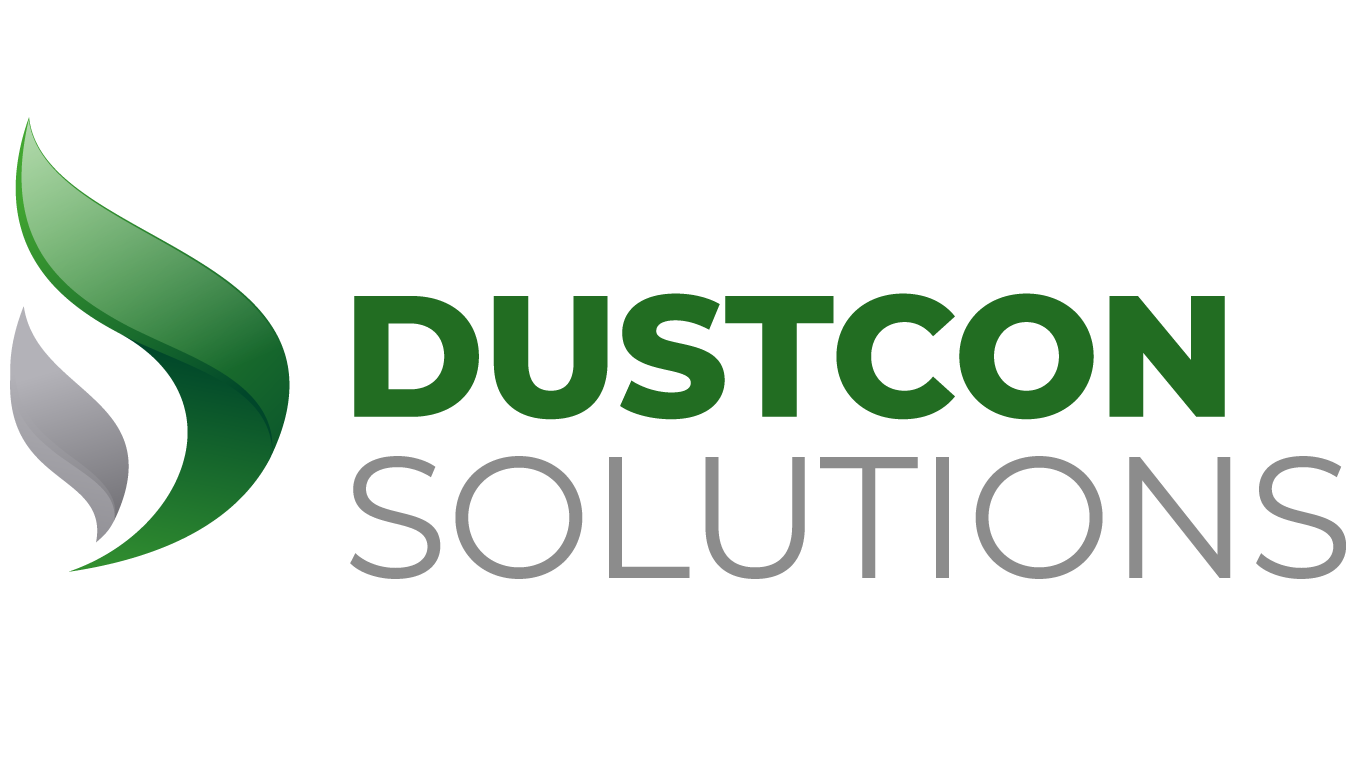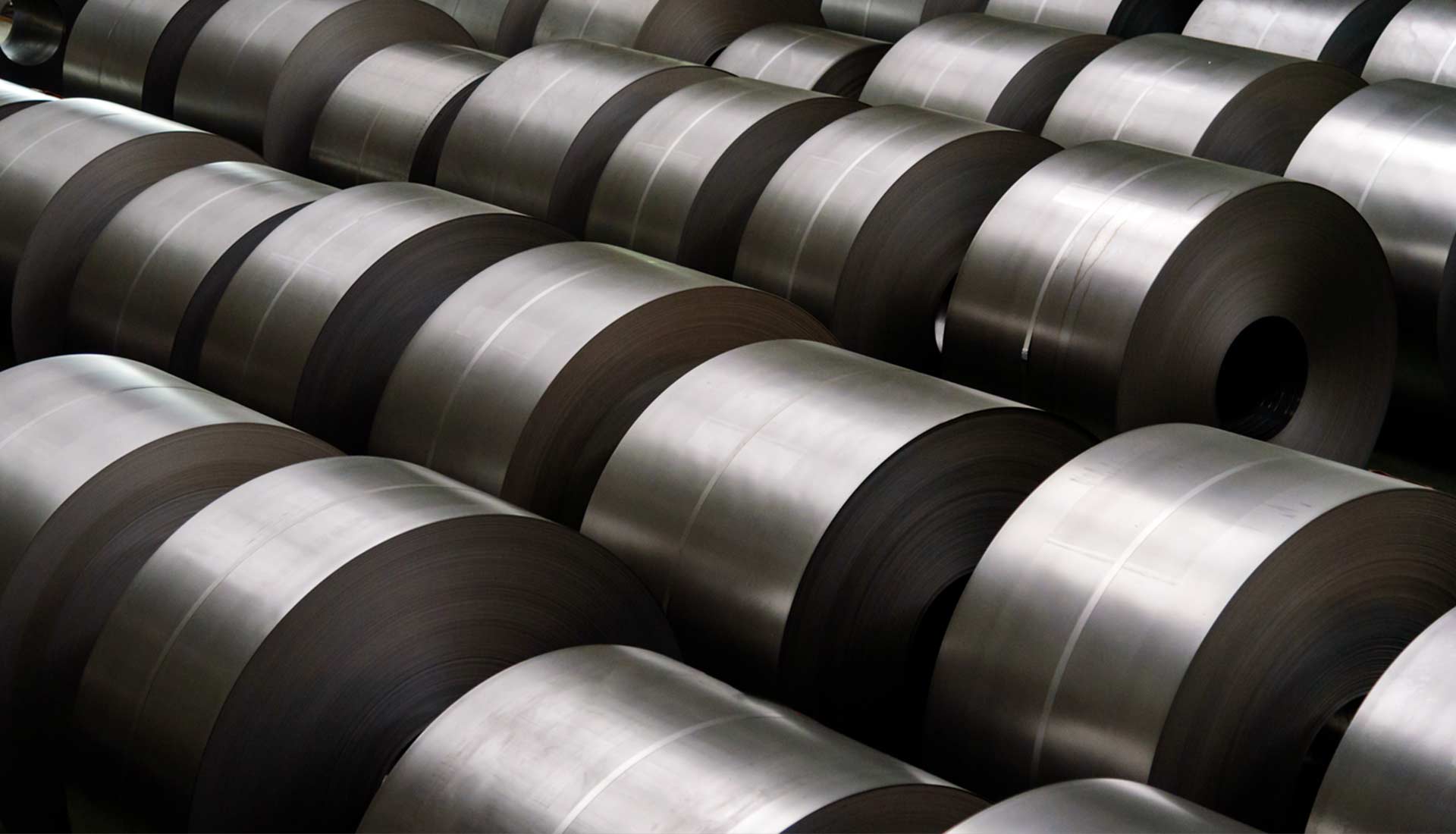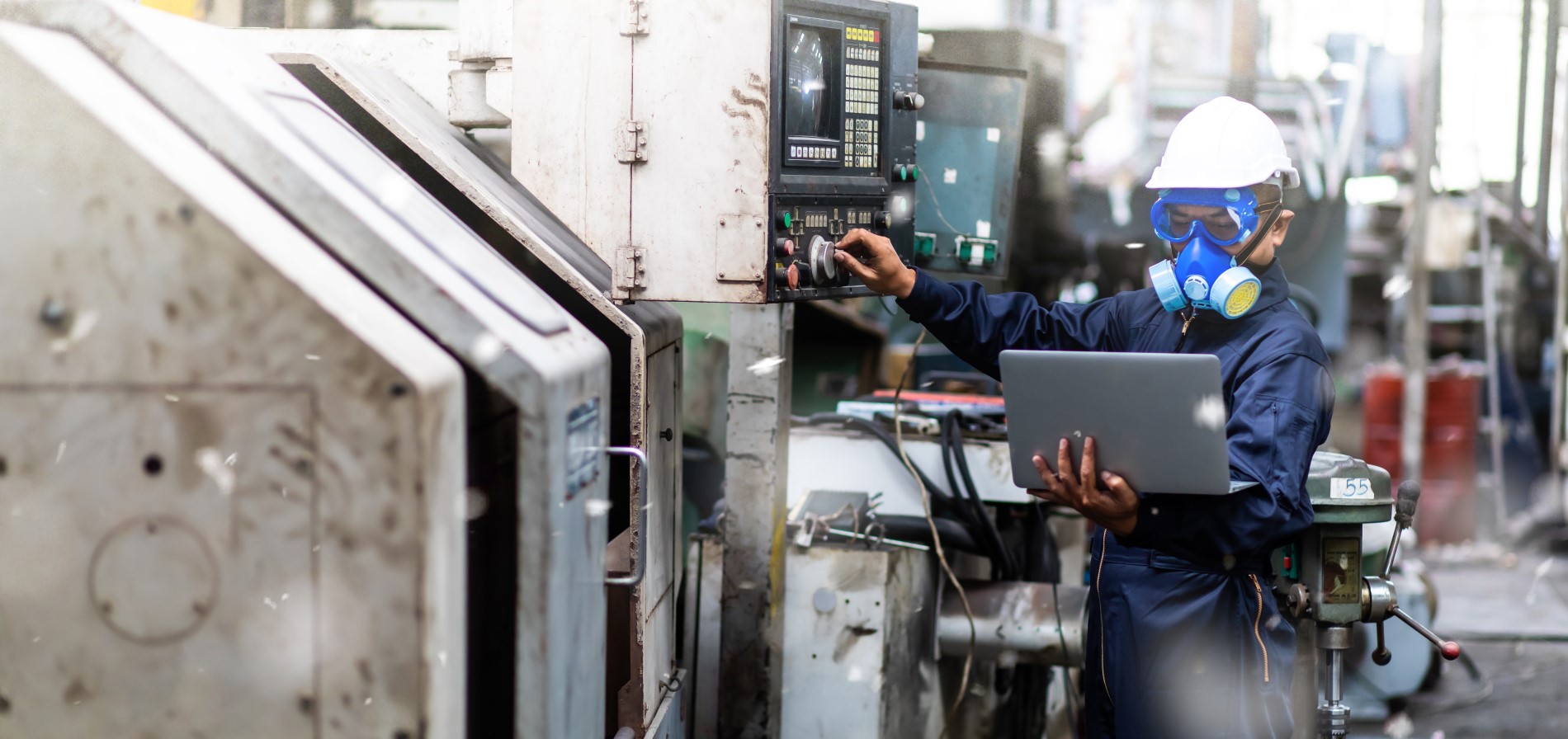
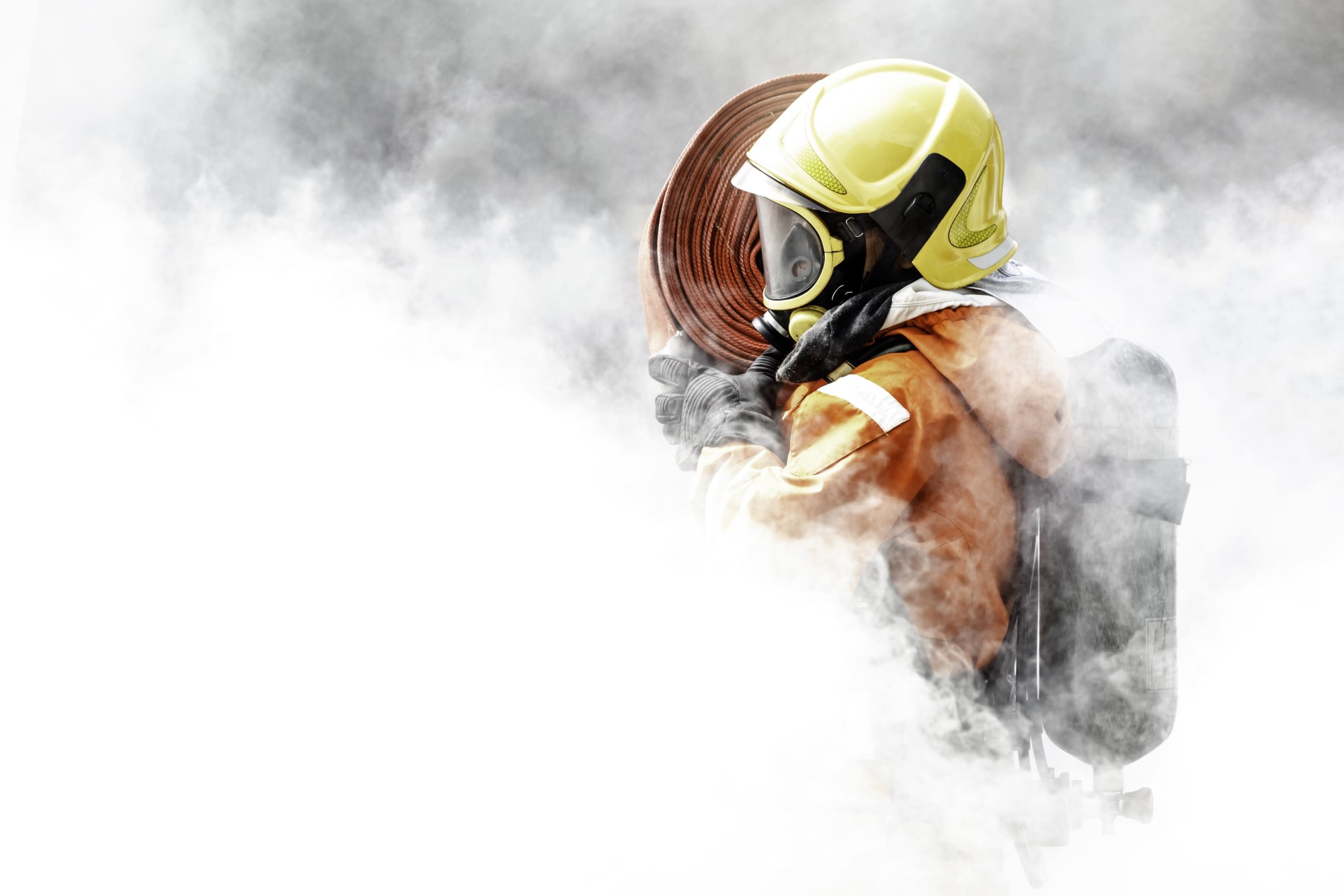
Dust Hazard Analysis consultants specialize in identifying and evaluating potential dust hazards.
A dust hazard analysis (DHA) consultant is a professional who specializes in conducting assessments and providing recommendations related to dust hazards in industrial settings. Dust hazards can arise from the accumulation of combustible or explosive dust particles in various industries such as manufacturing, food processing, pharmaceuticals, and more.
The primary role of a dust hazard analysis consultant is to evaluate the potential risks associated with combustible dusts in a facility and develop strategies to mitigate those risks. They typically work closely with industrial clients to understand their operations, processes, and materials used to identify potential areas where dust hazards can occur.
A dust hazard analysis consultant may perform the following tasks:
- Site Inspections: They visit the facility and inspect various areas to identify potential sources of combustible dust, such as storage areas, production equipment, ventilation systems, and ductwork.
- Dust Testing: They collect dust samples and conduct laboratory testing to determine the combustibility, explosiveness, and other relevant properties of the dust.
- Risk Assessment: Based on the collected data, they assess the level of risk associated with different dust sources, considering factors such as dust concentration, ignition sources, ventilation, and containment measures.
- Documentation and Reporting: They compile the findings and recommendations into a comprehensive report, including the identified hazards, their severity, and suggested control measures. This report may serve as a guideline for implementing safety measures and complying with relevant regulations.
- Mitigation Strategies: They provide recommendations to minimize or eliminate dust hazards, such as improving ventilation systems, implementing proper housekeeping practices, utilizing dust collection systems, conducting employee training, and selecting appropriate equipment.
- Compliance Assistance: They assist the facility in understanding and complying with relevant safety codes, regulations, and standards, such as the National Fire Protection Association (NFPA) standards, Occupational Safety and Health Administration (OSHA) guidelines, and local regulatory requirements.
The primary objective of a dust hazard analysis consultant is to ensure the safety of personnel, protect assets, and prevent potentially catastrophic incidents, such as dust explosions or fires, which can cause significant damage, injuries, or even fatalities.


Selecting a Certified Dust Hazard Consultant
While specific certifications may vary depending on the region and industry, there are several certifications and qualifications that a dust hazard analysis consultant may obtain to demonstrate their expertise in the field. Here are some of the commonly recognized certifications:
- Certified Dust Collection Systems Designer (CDCSD): Offered by the National Fire Protection Association (NFPA), this certification validates the individual’s knowledge of designing effective dust collection systems and understanding dust hazards.
- Certified Fire Protection Specialist (CFPS): This certification, provided by the National Fire Protection Association (NFPA), covers a broad range of fire protection topics, including dust hazards. It demonstrates the individual’s competence in fire protection engineering, codes, and standards.
- Certified Safety Professional (CSP): Offered by the Board of Certified Safety Professionals (BCSP), this certification is a widely recognized credential in the field of occupational safety and health. It covers various aspects of safety management, including hazard identification and mitigation.
- Certified Industrial Hygienist (CIH): Administered by the American Board of Industrial Hygiene (ABIH), this certification focuses on assessing and controlling workplace hazards, including dust hazards. It demonstrates expertise in evaluating occupational health risks and implementing effective control measures.
- Certified Hazardous Materials Manager (CHMM): Offered by the Institute of Hazardous Materials Management (IHMM), this certification validates the individual’s knowledge and experience in managing hazardous materials, including combustible dust.
- Certified Process Safety Professional (CCPSC): Provided by the Center for Chemical Process Safety (CCPS), this certification focuses on process safety management in chemical, petrochemical, and related industries. It covers topics such as dust explosion prevention and protection.
These certifications showcase the individual’s understanding of dust hazards, their ability to assess risks, and their knowledge of effective mitigation strategies. It’s important to note that certification requirements may vary depending on the organization providing the certification and the specific industry or region in which the consultant operates.
Different situations may require dust hazard analysis consultation, especially if you are working in industries where combustible or explosive dust particles are present. To help determine if you need to contact a dust hazard analysis consultant, here are a few common situations when professional assistance is necessary:
- New Facility Design or Construction: If you are planning to construct a new facility or make significant modifications to an existing one, it is essential to assess the potential dust hazards early in the design phase. A dust hazard analysis consultant can help identify potential risks, recommend appropriate control measures, and ensure compliance with relevant safety codes and standards.
- Process or Material Changes: When introducing new processes, materials, or equipment into your operations, it’s crucial to evaluate the associated dust hazards. A consultant can assess the risks associated with the new elements and provide guidance on necessary modifications, equipment selection, ventilation requirements, and other safety measures.
- Compliance with Regulations and Standards: Dust hazards are governed by various regulations and standards, such as those set by the Occupational Safety and Health Administration (OSHA) in the United States or the Health and Safety Executive (HSE) in the United Kingdom. A dust hazard analysis consultant can assist you in understanding and complying with these requirements, ensuring a safe working environment and avoiding potential penalties or legal issues.
- Incident Investigation or Risk Assessment: If you have experienced a dust-related incident, such as a dust explosion, fire, or near-miss event, it is essential to investigate the root causes and take appropriate corrective actions. A dust hazard analysis consultant can conduct an in-depth analysis of the incident, assess the existing risk controls, and recommend improvements to prevent future occurrences.
- Employee Training and Education: Dust hazards can be mitigated through proper training and education of employees. A consultant can develop and deliver customized training programs to raise awareness about dust hazards, safe work practices, emergency response procedures, and the importance of regular inspections and maintenance.
- Regulatory Audits and Inspections: Government agencies or regulatory bodies may conduct inspections or audits to ensure compliance with dust hazard regulations. Engaging a dust hazard analysis consultant beforehand can help you prepare for such inspections, identify and address potential non-compliance issues, and ensure your facility meets the necessary safety requirements.
It’s important to prioritize the safety of your employees, protect your assets, and prevent potential incidents or accidents associated with combustible dust. Consulting with a qualified dust hazard analysis professional can provide you with the expertise and guidance needed to assess, mitigate, and manage dust hazards effectively.


Addressing NFPA 652 Standard Regarding Combustible Dusts
Do you operate a facility that requires you to engage with substances that are dusty or powdery in n

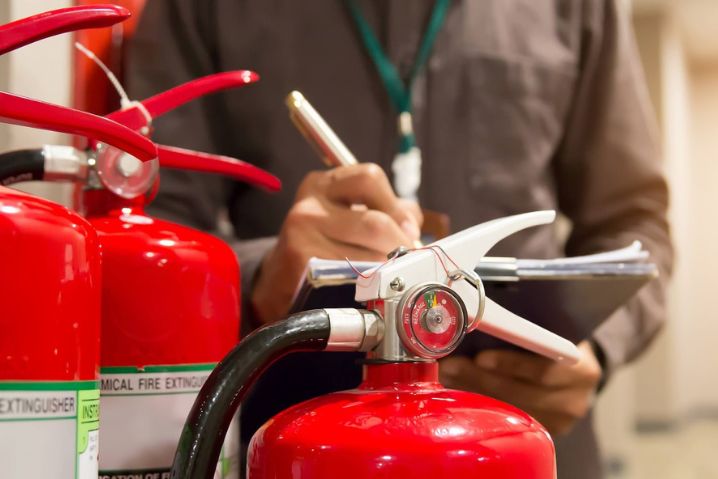
6 Industries Added by OSHA to the Combustible Dust NEP Program
n late January 2023, a new version of the Combustible Dust National Emphasis was issued by the Occup


Ensuring the Safety of Facility Through Dust Explosion Test Data
“Could it be a problem if my powder has demonstrated 3mJ of minimum ignition energy and 256 bar.m/
